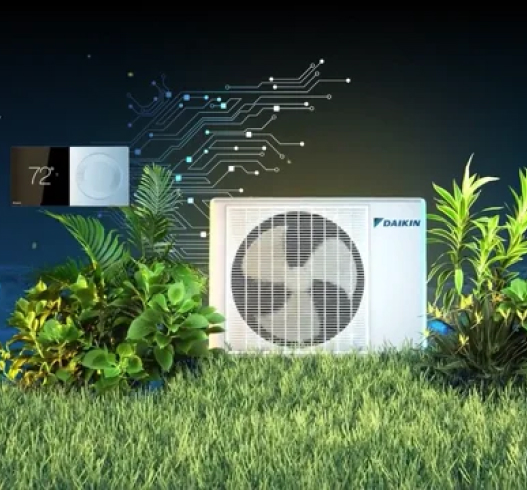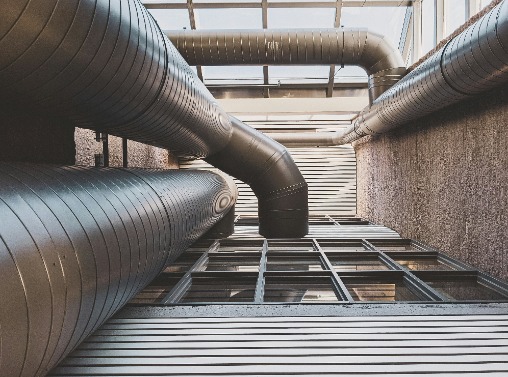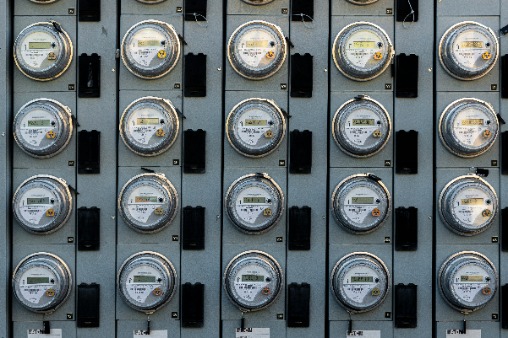Inflation Reduction Act Heat Pump Tax Credits: What You Need to Know Before 2025 Ends

If you’ve been watching federal incentives for energy-efficient home improvements, you probably know the Inflation Reduction Act (IRA) was a watershed moment. But in 2025, Congress passed the One Big Beautiful Bill Act (OBBBA), which curtails or terminates many of those incentives — including the § 25C tax credit.
What does that mean for your hopes of getting a federal tax credit for a high-efficiency heat pump? To make the most of the § 25C federal tax credit, you need to act fast.
Let’s break it down.
What Is the Inflation Reduction Act?
The Inflation Reduction Act (IRA), which passed in 2022, was designed to help Americans adopt energy-efficient technologies, lower energy bills, and reduce greenhouse gas emissions. It provides federal incentives to encourage energy-efficient home improvements and reduce greenhouse gas emissions.
Key provisions for homeowners include:
• Section 25C Energy Efficient Home Improvement Credit: Tax credit covering 30% of installation costs, up to $2,000, for qualifying improvements such as heat pumps, insulation, and windows.*
* This information does not and should not be considered tax advice. All information is for general purposes only. Contact your tax professional for specific, applicable details.
Why Is It Ending?
In early 2025, Congress passed the One Big Beautiful Bill Act (OBBBA), which significantly revised the IRA’s incentive landscape. One of the most consequential changes was the elimination of the § 25C tax credit. Under the new law, homeowners will no longer be able to claim § 25C benefits for heat pumps or other qualifying home improvements placed into service after December 31, 2025.
While this phase-out affects federal tax credits, many state and utility programs may still offer rebates, and other federal programs, such as the IRA’s Home Energy Rebate programs or solar incentives under 25D, may continue to offer rebates.
The takeaway: if you’re hoping to use the § 25C federal tax credit, time is critical. Have a professional install a qualifying system by December 31, 2025, to capture any available benefits.
How Can I Save Money on My HVAC Purchase?
With § 25C ending December 31, 2025, savings may depend on combining remaining incentives and smart planning:
• Act Quickly: To use the § 25C federal tax credit, qualifying equipment (such as a high-efficiency heat pump or AC) must be installed and operational on or before December 31, 2025.*
• State and Local Rebates: Many states and utility providers offer cash-back incentives for high-efficiency systems. These programs often remain available even after federal tax credits end.
• Manufacturer Promotions: Some HVAC manufacturers and dealers offer special promotions and seasonal discounts to help reduce upfront costs.
• Layer Efficiency Improvements: Pairing your heat pump with better insulation, air sealing, or duct improvements to maximize energy savings and payback.
• Community Programs: Some municipalities and cooperatives run bulk-buy programs or incentives for community-scale efficiency upgrades.
Even without the § 25C tax credit, these strategies can make upgrading to a modern, high-efficiency heat pump more financially accessible.
* This information does not and should not be considered tax advice. All information is for general purposes only. Contact your tax professional for specific, applicable details.
Why invest in a Heat Pump now?
Homeowners interested in heat pumps should move quickly to take advantage of any remaining federal benefits, while also exploring state, local, and utility programs.
For instance, an eligible New Jersey homeowner installing a qualifying heat pump in November 2025 could save up to $2,000 through the § 25C credit and may qualify for additional rebates from local utilities.*
Upgrading to a high-efficiency, all-electric heat pump isn’t just a way to save energy; it’s a long-term investment in comfort, resilience, and sustainability. Even in the new policy landscape, upgrading your system may pay dividends for years to come.
To check potential savings opportunities for qualifying HVAC equipment, visit Daikin’s rebates and incentives webpage, enter your zip code and search for products.
* Daikin Comfort Technologies Manufacturing, Inc. does not offer tax advice. This information is provided for discussion purposes only and is provided as a generic guideline. This information does not represent tax advice. Before filing for any tax credit with respect to these products, Daikin Comfort Technologies Manufacturing, Inc. recommends that consumers consult with a tax professional to determine the application of such credits to their particular situation.
In this article
Connect on Social Media
 Follow on Facebook
Follow on Facebook
 Follow on YouTube
Follow on YouTube
 Follow on Instagram
Follow on Instagram
 Follow on X
Follow on X
 Follow on TikTok
Follow on TikTok
 Follow on Pinterest
Follow on Pinterest

Looking for help now?
Enter your zip code to search for Daikin Contractors in your area.
Learn More
Learning Center Content
Stay informed about home comfort technology, when to upgrade, energy efficiency, and reducing your energy bills.





























